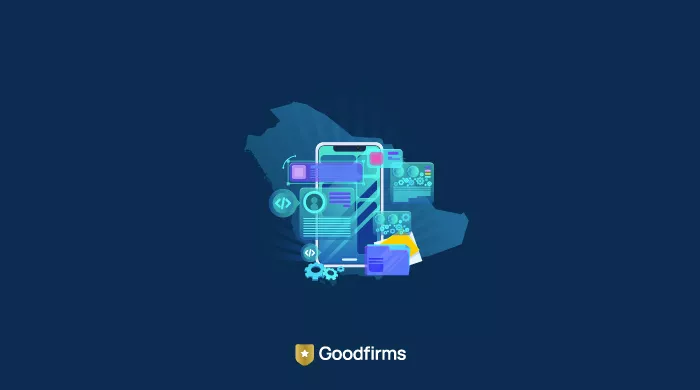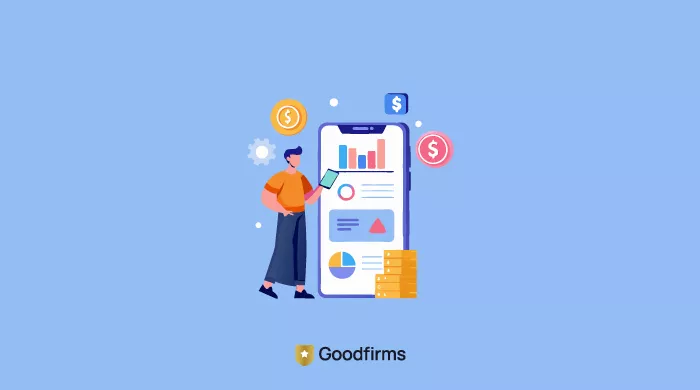In this digital transformation era, technology is helping every industry realize better efficiency and deliver customer satisfaction like never before. The same goes for the financial sector. Starting with the birth of credit cards and ATMs in 1950 and 1960, technology has since been disrupting the finance industry.
There was a time when financial technology (Fintech) existed merely in the back-office operations of trading companies and banks. The boom in internet connectivity, the mobile phone market, and cloud computing has propelled fintech’s ecosystem as the industry disruptor.
The Cashless Reality Is Near
The advancement of fintech in many finance industry verticals has paved the way for a cashless society. While cashless economies seem possible very shortly, the reality is that a cash preference will last longer than expected.
However, the recent COVID-19 outbreak has fueled the growth of contactless payments. A study revealed that during the coronavirus outbreak, more than half of the payments in Germany were via contactless payment methods, as compared to 35% before the pandemic. Similarly, UK citizens also reduced their cash usage by half after the nationwide lockdown.
Fintech businesses are important in shifting the world to a cashless reality. Considering that technology is disrupting most industries, the future holds great fortune for fintech businesses.
Types of Fintechs
From insurance to investment, fintech transforms the financial sector by changing how services are delivered to the end customer. Technological advancements have also opened doors to new financial services such as e-wallets.
While technology is being upgraded yearly, the financial sector has many technology-powered financial services. Here are some financial industry verticals where the technology has a significant impact:
Payment Gateways
Electronic payment systems were exciting even before the advent of eCommerce. These payment gateways have transformed traditional payment systems and made economies grow faster. They are the backbone of the current mobile payment infrastructure.
Payment gateways work as a middleman between merchants and customers or payers and receivers. They act as a gatekeeper to the payer’s payment data and ensure the security of the transaction. Apart from mitigating the risk of data theft, the payment gateways also protect the payee from expired card payments, insufficient funds, and fraudulent activities.
Many technology service providers are developing blockchain technology-based payment gateways that are supposed to be more secure and cost-effective than existing ones.
Mobile Payments
If a completely cashless society isn’t a reality in the near future, a physical cardless world is nearby. The advent of mobile payment systems has eased cashless transactions. It has become very easy to make payments by scanning a barcode or connecting your e-wallets to the service provider’s application.
It all started in 1997 when Coca-Cola introduced mobile payments via some vending machines. This enabled customers to pay for their fuel by sending a text message. In the very same year, an American oil company, Mobil, introduced Speedpass. Customers had to pay for their fuel by using a key fob that was pre-loaded with electronic money.
Mobile Banking
In 2020, almost every bank had its own mobile app, and most of its banking services were also offered via apps. This has changed the way customers interact with banks. Checking account balance, transaction history, managing bank accounts, and transferring money have become convenient with 24/7 service availability.
The flurry of mobile-only banking apps has also made its mark in the finance industry. These apps cut down operating costs by eliminating the need for physical infrastructure, unlike traditional banks that heavily rely on their physical setup and human resources.
Online Stock Trading
Days have gone by when investors had to visit stock exchange establishments to buy/sell stocks. With stock trading apps and online platforms, e-stock trading has become decentralized, and now anyone can trade stocks at the flick of a finger using their smartphones. Unlike mobile-only banking infrastructure, online stock trading services are cost-effective and convenient. They offer a low minimum stock balance, making it feasible for everyone.
Robo-Advisors
Robo-advisors are financial advisors who provide investment advice with minimal human intervention. These portfolio management / Robo-advising apps use smart algorithms to provide asset management advice. This helps financial advisers analyze a large number of portfolios efficiently and in less time.
Insurtech
Insurtech is the use of technologies to improve efficiency in the traditional insurance industry. It is a growing phenomenon expected to help insurers better interact with their customers. The advent of Insurtech businesses has brought new services into the insurance industry.
In the UK itself, the Insurtechs are emerging as a jewel of the fintech crown. The finding of $2.6 billion in 2018 implies that the future of Insurtech is bright.
A Broader Outlook
Technology has the potential to disrupt the finance industry, from our savings to how we pay. The financial sector has already entered the threshold of digital transformation. Financial institutions such as banks are undergoing massive changes to keep up with customers' changing demands.
With customers shifting from traditional financial infrastructure to mobile-only financial institutions, brick-and-mortar financial institutions will be a thing of the past. And who knows? Maybe advancing blockchain technology will bring security to the next level, and we might realize the dream of a cashless society.








